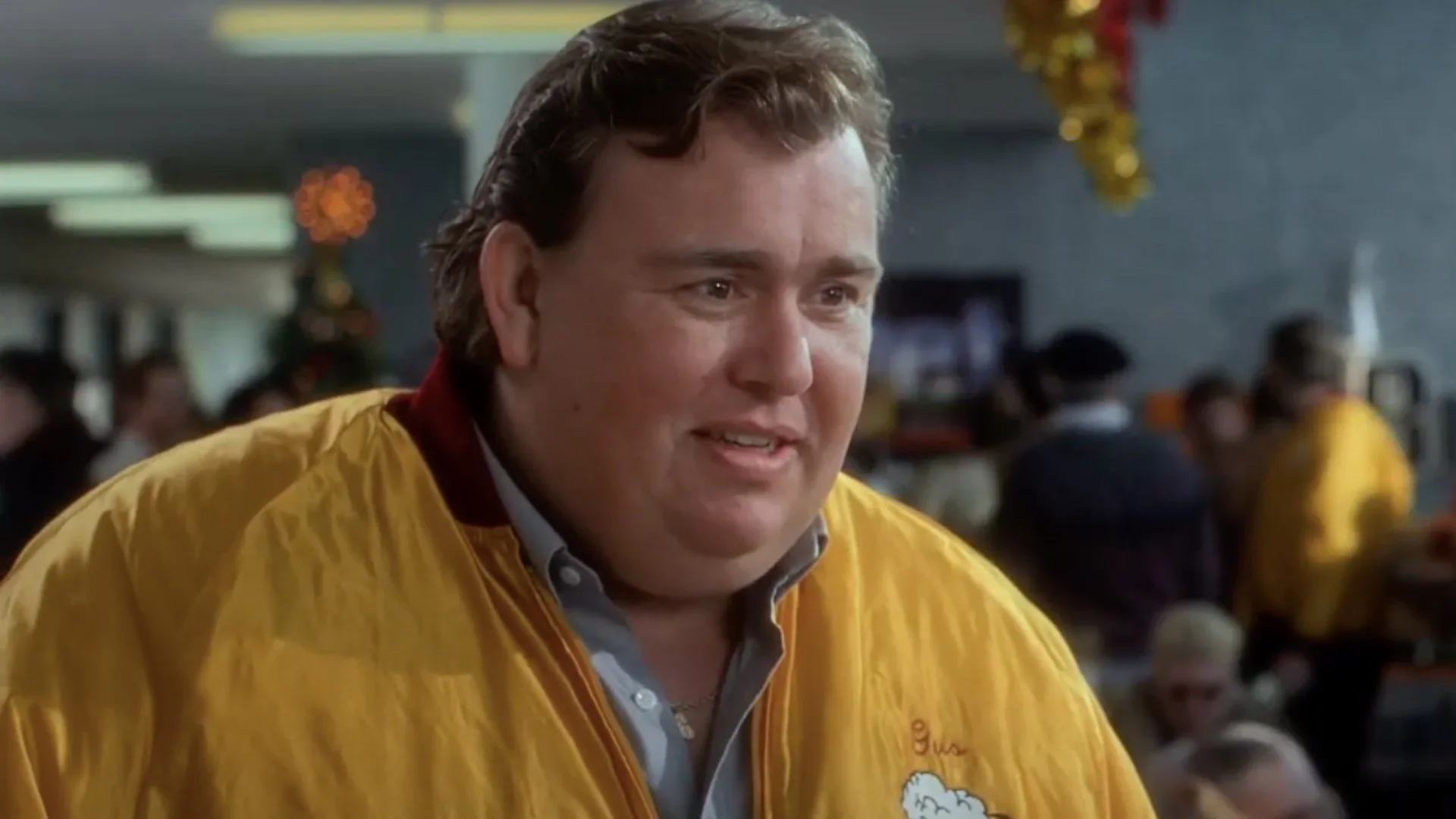Colin Hanks’ JOHN CANDY: I LIKE ME Explores the Private Pain and Comic Brilliance of a Legend
On screen, John Candy always seemed larger than life. He was the lovable uncle in Uncle Buck, the chatterbox who drove Steve Martin crazy in Planes, Trains and Automobiles, and even played racquetball while puffing away in Splash.
But behind the laughs was a man carrying a lifetime of unresolved grief, anxiety, and pressure. That hidden side of Candy’s life is the heart of John Candy: I Like Me, a new documentary directed by Colin Hanks, which opened the Toronto International Film Festival. Hanks explains:
“There were real, serious, traumatic experiences that formed John and made him who he was. He was an incredible human being and a kind, loving, generous spirit. But all of those qualities were coping mechanisms for a tremendous amount of pain and sorrow.”
One of Candy’s deepest struggles came from losing his father to heart disease at just 4 years old. That tragedy haunted him and left him with a constant awareness of time running out. Candy died at 43, just eight years older than his father was when he passed.
“This idea of borrowed time combined with the nature of show business, which is go, go, go, go, moving at the speed of opportunity. Those things came together to create this perpetual motion machine for John that made things incredibly hectic and stressful and added to that general sense of anxiety.”
For Hanks, Candy’s story felt personal. He too lost a parent at a young age when his mother, Samantha Lewes, died of lung cancer.
“I understand this ticking clock. My mother died at 49. I’ll be turning 48 in November. I always look at 49 as a marker for me in my life. I have zero doubt it was the same way for John.”
Despite the personal battles, Candy became one of the biggest comedy stars of the 1980s and early ’90s with films like Stripes, Spaceballs and Cool Runnings. But his most natural creative partner was John Hughes, who cast him in six films, including Home Alone.
“They were both real, genuine people that never lost sight of that even after they became famous. In show business, you’re part of a traveling circus. You meet a lot of different people, and when you find a kindred spirit, you hold on to that, and you spend as much time with them as you can. You work with them as much as you can.”
Candy’s struggles with body image were another painful reality. Hanks’ documentary doesn’t shy away from the cruel way interviewers would comment on his weight directly to his face.
“You look at interview after interview and horrible things are being said and questions are being asked in incredibly insensitive ways. It’s tough to see how uncomfortable John was in almost every clip. And he had good reason, because some of the things that people said were disgusting and would not be tolerated today.”
The documentary brings together a powerhouse of Candy’s friends and collaborators, including Eugene Levy, Martin Short, Bill Murray, Dan Aykroyd, and Catherine O’Hara. Even thirty years after his death in 1994, their affection for him is heartfelt and unwavering.
For Hanks, the connection is even more personal. His father, Tom Hanks, worked alongside Candy in Splash and Volunteers, and young Colin had his own memories of the comedian.
“It’s through kid glasses, because I knew him when I was young, but even as a child he made you feel like your opinions mattered, your feelings mattered, you mattered.”
John Candy: I Like Me isn’t just about a comedy icon’s career. It’s about the private man who brought joy to millions while quietly shouldering his own struggles. Thanks to Hanks, fans will get to see both the laughter and the pain that shaped one of the most beloved performers of his generation.
Source: Variety
